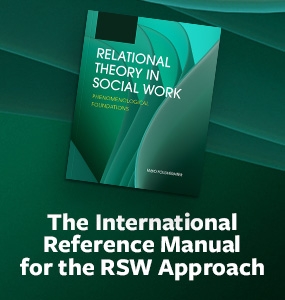Ubuntu and the decolonisation of humanitarian Social Work in Zimbabwe: A systematic review
Anotida Mavuka, Crecentia Pamidzai Gandidzanwa, Innocent Chirisa, Isheanesu Kwenda
The increasing humanitarian need in Africa and the rest of the world in the face of climate change, conflict and pandemics requires community-sensitive efforts to enhance the utility of response measures. Decolonisation within humanitarian social work offers opportunities through which humanitarian social work can become more responsive to the needs of the indigenous African people and enhance their participation in resilience building. This paper looks at the prospects for using the Ubuntu philosophy in the decolonisation of humanitarian social work in Zimbabwe. The humanitarian practice in Zimbabwe has often followed principles that are largely guided by foreign models such as the cash transfer model, rights based model among many others. However, this has had little or no consideration into the way of life of the people hence, limiting the utility and ownership of the humanitarian efforts by the communities in the face of adverse occurrences. This paper, therefore, is a clarion call for the decolonisation of humanitarian social work to make its impact in communities far-reaching and lasting. This paper is a systematic literature review of 33 publications on Ubuntu and the decolonisation of humanitarian social work practice. This culminated in the identification of opportunities for the use of the Ubuntu philosophy in the decolonisation of humanitarian social work in Zimbabwe. This paper makes recommendations through which humanitarian social work can embrace Ubuntu philosophy to augment the attainment of decolonisation such as the need for advocacy within humanitarian social work to adopt more community directed participatory approaches to improve ownership of the programmes, design and funding humanitarian interventions that are rooted in indigenous community practices, cultures, values and beliefs and prioritising the building of human relationships and enhancing the understanding of their interconnectedness with the environment among others.
Keywords
Humanitarian Social Work, Ubuntu Philosophy, Decolonisation, Community Participation, Indigenous Knowledge.




